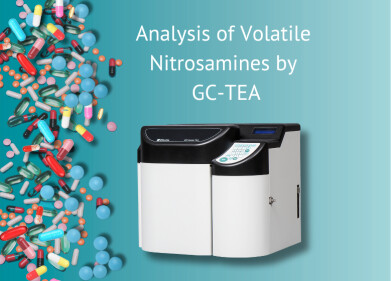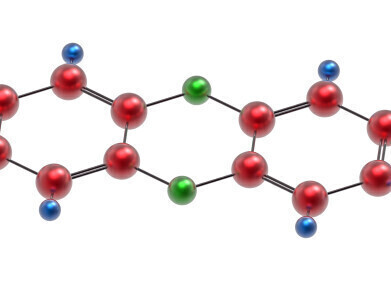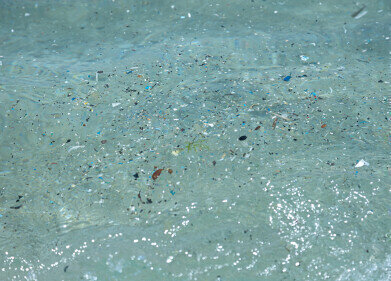GC-MS
Is Your Turkey Contaminated? — Chromatography Investigates
May 30 2018
There has been much coverage in the media concerning the use of pesticides and their impact on bees in recent years. In Europe, the use of pesticides known as neonicotinoids has been severely restricted, with some neonicotinoids being banned due to their toxicity to bees and other pollinators.
But what about the impact on other species? Are larger animals such as birds contaminated with pesticides? A recent study published in the journal Environmental Science and Pollution Research has investigated the levels of contamination in birds. The study — Neonicotinoid detection in wild turkeys (Meleagris gallopavo silvestris) in Ontario, Canada — used liquid chromatography to measure the levels of pesticides in the livers of wild turkeys in Ontario, Canada.
Pesticides in the wild
Neonicotinoids are one of the most widely used pesticides in the world. Farmers everywhere use them on many different crops and to ward off many different pests. But they can have unwanted side effects. Because they are indiscriminate — not only do they kill of the unwanted pests that damage our food crops, but they are also harmful to beneficial insects like bees.
Neonicotinoids are a systemic pesticide — the insecticide is transported throughout the plant as it grows. It acts on the central nervous system of the insect causing over-excited nerve impulses. This leads to paralysis and then death of the insect. The study was interested in determining the risk posed by pesticides for contaminating other wildlife — in this case, wild turkeys.
It is all food to the turkey
Neonicotinoids can be used in several different ways including soil treatments, leaf spray and as a seed coating. In the study referenced above, the team report that in Ontario on large acreage crops, seed coating is the most usual method of application. And wild turkeys will readily eat treated corn or soya seed. In fact, the seeds could form a significant part of their diet depending on the availability of other food stuffs.
Seeds can contain the highest concentrations of neonicotinoids, which makes for concern due to their availability and potential for repeat exposure. Eating just one corn seed head could be potentially toxic for a smaller bird. Some conservationists have raised concerns about the damage treated seeds may have on the reproductive ability and accumulation in the flesh of turkey’s intended for human consumption.
Turkey liver anyone?
The team analysed the livers of 40 turkeys — the turkeys all appeared healthy and were all male due to hunting restrictions. The samples were analysed for neonicotinoids and other contaminants using LC-MS/MS. Chromatography is a useful tool for environmental samples as discussed in the article, Comprehensive, Non-Target Characterisation of Blinded Environmental Exposome Standards Using GCxGC and High Resolution Time-of-Flight Mass Spectrometry.
Pesticides were detected in the livers of half of the samples. It is most likely that the turkeys became contaminated by eating coated seeds during crop sowing. The residues were low, and the team say more research is needed to determine the long-term effect on wild turkeys.
Events
May 11 2025 Vienna, Austria
May 18 2025 Tempe. AZ, USA
May 21 2025 Birmingham, UK
Jun 01 2025 Baltimore, MD, USA
Jun 15 2025 Bruges, Belgium














